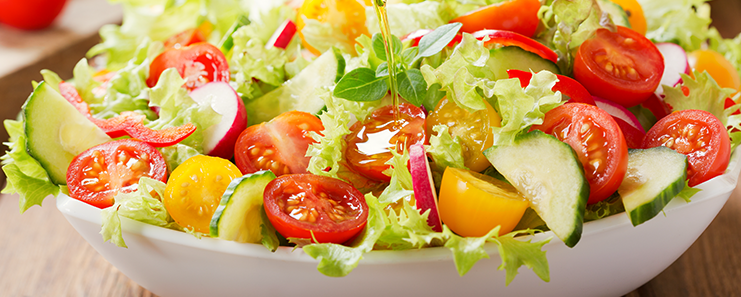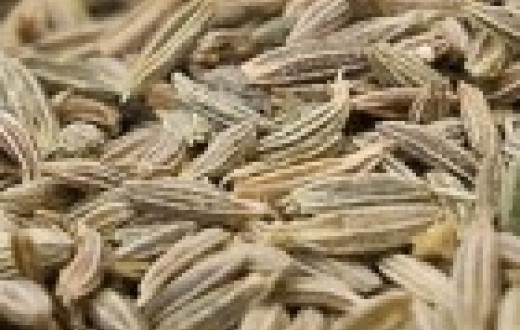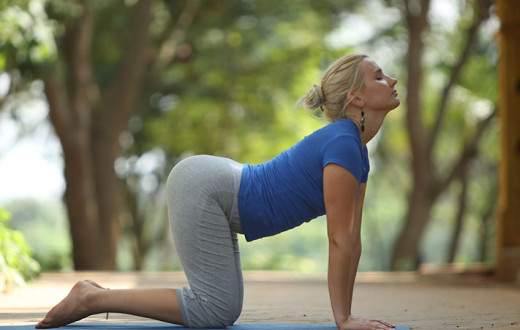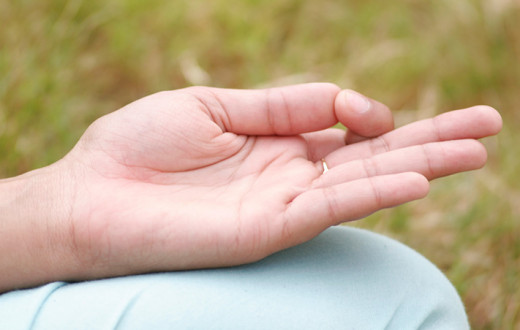What is Pitta Dosha?
Pitta is derived from the root word ‘tapa’ which means ‘to heat’. Pitta in body comprises basic elements of both heat (fire/ agni) and moisture (water/ jala). Its fluid nature renders it mobility.
The seven qualities of pitta are described in the Ayurveda text, Ashtanga Hrdayam: Sutrasthana as:
‘pittaṃ sasneha tīkṣṇoṣṇaṃ laghu visraṃ saraṃ dravam’
Pitta is slightly oily, penetrating, hot, light, odorous, free-flowing, and liquid. Pitta drives metabolism or transformation. Pitta governs digestion, maintenance of body temperature, visual perception, colour and complexion of the skin, intellect and emotions. An imbalance in the pitta dosha gives rise to unhealthy physical and emotional patterns such as:
Pitta Dosha Symptoms
1. Physical symptoms of pitta dosha
- Increased hunger and/or thirst
- Infection
- Greying and/or loss of hair
- Hormonal imbalance
- Giddiness and/or migraines
- Hot flashes and want for substances that have a cooling effect on the body
- Bad breath/body odour
- Sore throat
- Nausea upon missing meals
- Insomnia
- Tenderness in breasts/testicles
- Heavy or painful menstrual bleeding
2. Behavioural symptoms of pitta dosha
- Impatience
- Frustration
- Inflated Ego
- Overly goal/result oriented
- Resentment
- Jealousy
- Judgemental
- Sense of instability
- Perfectionist tendencies
A balanced pitta dosha fosters the ability to pursue intentions and goals, increased focus, problem-solving abilities, and confidence.

Causes of pitta dosha imbalance
- Eating pitta aggravating foods (pungent, sour, salty, very spicy, deep-fried, processed, red meat)
- Consuming caffeine (coffee), black tea, nicotine (smoking), alcohol and other stimulants
- Too much exposure to the sun (can turn the campfire into a forest fire)
- Emotional stress
- Overworking and/or under resting

Effects of Pitta dosha imbalance:
- Heartburn
- Sunburns, eczema, dermatitis, acne
- Acid reflux, peptic ulcers
- Fever
- Blood clots and strokes
- Kidney infections
- Hyperthyroidism
- Jaundice
- Acute inflammation in joints (arthritis)
- Diarrhoea
- Chronic fatigue syndrome
- Poor vision or blindness
- Autoimmune disorders
- Obsessive-compulsive disorders/ depression

Home remedies for pitta dosha
1. Tend to your diet
Consume pitta pacifying foods (bitter, astringent, sweet tasting food). Milk, ghee, butter are good pitta pacifiers. Prefer sweet fruits over the sour ones. All the sweeteners except honey and molasses can be consumed

Here are 5 simple recipes to balance pitta imbalance
2. Choose a middle path
Balance activity and rest. Neither indulge too much in activity nor indulge too much in rest. Here are some Dinacharya Tips To Optimise Health And Restore Natural Rhythm.
3. Enjoy the good things
Take regular meals and spend some time with nature and in good company.
4. Meditate
Meditation calms the mind and reduces emotional stress which causes Pitta imbalance. So, it is advisable to meditate on a daily basis. You can learn how to meditate in the Online Meditation & Breath Workshop.
5. Practice Some Yoga asanas & Pranayama
The following yoga postures help in pacifying a pitta imbalance:
Cat stretch (Marjariasana)
Child’s posture (Shishu asana)
Moon salutation (Chandra namaskara)
Chair posture (Utkatasana)
Cobra posture (Bhujangasana)
Superman posture (Vipareeta Shalabhasana)
Seated forward bend (Pashchimottasana)
Half boat posture (Ardha naukasana)
Half shoulder stand (Ardha sarvangasana)
Bridge posture (Setubandhasana)
Corpse posture (Shavasana)
6. Take Ayurvedic pitta dosha medicines
Following are some ayurvedic pitta dosha medicines that can restore pitta balance. Please note that either of these medicines should be taken after the consultation of a trained Ayurvedic doctor:
Amlapittari vati (for hyperacidity)
Avipattikar churna (digestive problems, hyperacidity)
Yashtimadhu (for acid peptic diseases)
Nishamalaki (anti-allergic)
The solution to feeling jealous or frustrated and conditions like chronic fatigue, acid reflux and heartburn is the same: putting your pitta dosha in balance.
Know more about An Ayurvedic Take on Daily Water Intake
Combine your yoga practice with simple meditation and pranayama taught in The Art of Living Meditation and Breath Workshop to get the best health benefits.
You can avail therapies that balance pitta dosha at Sri Sri Ayurveda Hospital or Panchakarma Center.
FAQ's to balance Pitta Dosha
The fastest way to cure pitta are: Abstain from the sun. Favor cool. Abstain from pitta opposing or disturbing food. Favor light and nourishing food over heavy. Abstain from preservatives. Abstain from too many chemicals. Abstain from physical or mental stress.
6 ways how to balance pitta dosha naturally are: Consume pitta pacifying food - bitter, astringent, sweet-tasting food). Abstain from pitta opposing or disturbing food. Choose the madhyam marg (middle path) - not too much activity and rest. Spend time in nature. Practice yoga asanas and pranayama - Cat stretch, Child’s posture, Moon salutation, Chair posture etc Meditate. Bookmark for free guided meditations. Take Ayurvedic medicine for pitta after consultation with a doctor - Amlapittari vati, Avipattikar churna, Yashtimadhu, Nishamalaki.
When pitta is out of balance its effects are - Heartburn Acne, dermatitis, sunburns are effects of pitta on skin Acid reflux, peptic ulcers Kidney infections, jaundice, diarrhea Blindness, poor vision OCD, depression
The best medicine for pitta is Amla (eaten as fruit), Amalaki capsules or Amlapittari vati.
Yes, Amla is eaten as fruit and can reduce pitta.
Primarily, Tulsi is Kapha-reducing, but can also use it to pacify Vata and PItta.
Yes, Buttermilk is good for pitta dosha as it is cooling and digestive. Aids in excreting faeces.
Yes, milk is good for pacifying vata and pitta dosha.
Yes, jaggery is good for pitta dosha as it removes toxins, improves digestion and cleanses the intestinal tract and urinary bladder. You get rid of anemia with the regular intake of jaggery.
Yes, kokum is good for pitta. Kokum reduces the excess heat and inflammation in the pitta dosha individual. Thus you get rid of acidity and relief from sunstroke.
In moderation fenugreek lowers the body temperature. It is fine for balanced pitta but it imbalances high pitta.
Yes, excess pitta causes hairfall, thinning and greying of hair too.





















